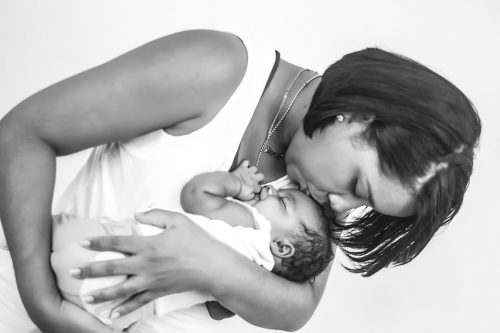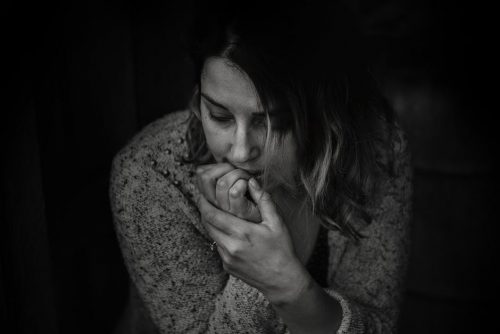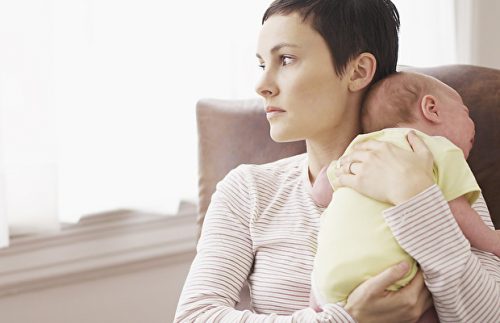“The experience of shame can interact with depression in important ways that can maintain or worsen the severity of clinical depression. Classically, the depressed person engages in behaviors that they aren’t proud of,” says Erin Mendoza, PsyD.
A lot of people think that depression is just a state of mind. Because of this, they do not take the issue of depression as a serious one. For these people, those who are clinically depressed are only having emotional problems and nothing more. Unfortunately, this has become common in different places all over the world. Because of this, it is no wonder why many individuals do not take post-partum depression as a life-threatening mental issue.
“Post-partum depression is common. Ten to twenty percent of women experience significant depressive symptoms after the birth of a child. Of these, 5 to 10% experience severe depressive symptoms, meaning that about 1% of women develop a severe depression after childbirth,” according to psychiatrist Eugene Rubin M.D., Ph.D.
The truth is that many new mothers have this kind of mental condition. At the same time, this form of depression also causes death to women involved.

For this reason, we decided to write an article about post-partum depression. We want to share awareness with everyone about this mental health problem. Women and even men need to know how serious it can get and the practical ways on how to deal with it.
Definition
Postpartum depression is a form of mood disorder that is usually suffered by women after they give birth. It is characterized by extreme anxiety, stress, and sadness. Most of the time, mothers who suffer from this have difficulty going through the ordinary course of their lives. They are always exhausted or tired, which is why they become irritable at all times. Aside from this, they also act differently towards their babies or even husbands.

Causes
Up to this moment, there is still no specific cause that has been pinpointed by experts for the occurrence of post-partum depression. However, some studies claim that it takes place because of the combination of several factors. Mothers experience emotional and physical factors during or after childbirth. At this point, it is vital to emphasize the fact that pregnancy causes changes in the hormones of women. The changes do not stop until labor. According to a recent study, estrogen levels suddenly drop after someone gives birth. When this happens, some chemical changes in the brain may be triggered.
Signs & Symptoms
“Because so many of the symptoms of MDD, such as lack of energy and trouble concentrating, overlap with what normally occurs after delivery, MDD may not be suspected. But when these symptoms coexist with a predominantly depressed mood that is present all day; when there is a loss of interest and a lack of pleasure; when the symptoms last for at least two weeks, that is not a normal consequence of childbirth,” says psychiatrist Monica N. Starkman M.D.
These indicate the presence of post-partum depression:
- Suffering from physical and emotional pain;
- Getting annoyed quickly even from the small things;
- Withdrawing from relationships with friends and family members;
- Picking fights with the husband or other people;
- Compensating exhaustion by overeating or oversleeping;
- Showing negligence in caring for the baby or other members of the family;
- Having doubts about motherhood;
- Experiencing anger or irritability;
- Worrying too much about different things; and
- Acting weird around other people.

Diagnosis
Only a medical doctor or health professional has authority to give diagnosis about the presence of post-partum depression. As such, be sure to avoid making self-diagnosis, as it will only place your life in danger. Take note that the best step to take is to consult with a psychiatrist. Just because the signs and symptoms are present does not automatically mean that you are clinically depressed. Always be cautious or careful when it comes to your mental health. Make it a top priority to speak with a doctor. Remember that the issue of post-partum depression needs to be addressed as soon as possible.
Speaking of addressing PPD, after speaking with your psychiatrist, he or she may require counseling. You can include as part of your treatment online counseling using the BetterHelp website. This platform is used by many people worldwide for their talk therapy needs. Check about the site on YouTube for more information.